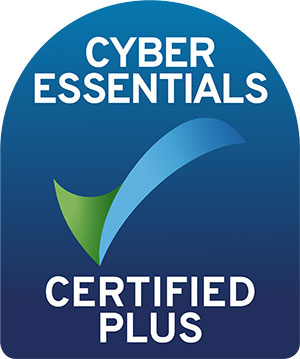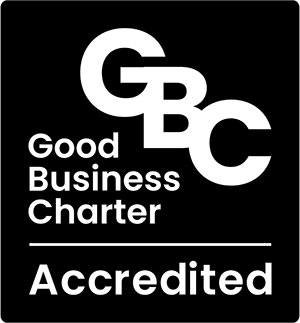Leaders: Why it’s vital to put your own oxygen mask on first by Susan Binnersley
As a business leader you have a wide range of responsibilities to others in your professional circle, including:
- The people you employ, both directly and indirectly
- The customers you serve
- The suppliers you use
- The government and regulatory bodies
These people rely on you in different ways, and you are obligated to serve them.
On top of this, you may have other personal responsibilities such as parenting, caring for elders and volunteer work.
In trying to meet all these responsibilities, you will often put others first. For many business leaders, March 2020 was a clear demonstration of this, where many of us were immediately juggling employee welfare with business sustainability so that we all had a long-term future. We have had time to adapt to a new future, yet some of these challenges persist.
We know that leadership and management responsibilities can very often lead to overwhelm. Last year, Gartner reported that ‘75% of business managers are overwhelmed by the growth of their job responsibilities’. Overwhelm will lead to lower productivity and performance and this will most likely cascade into their teams. ‘The cognitive impact of feeling perpetually overwhelmed can range from mental slowness, forgetfulness, confusion, difficulty concentrating or thinking logically, to a racing mind or an impaired ability to problem solve’ HBR 2019 (1). The direct result of this will be a reduced ability to deliver your responsibilities along with an impact on your mental health.
I invite you to make a conscious decision to change this, put your own oxygen mask on first and to then be able to lean into your responsibilities with confidence, capability and capacity.
If it was easy you would have already done it! So, here are a few steps that will help you develop and sustain a different future:-
- Make an assertive and considered choice to change: It is challenging to make and sustain different behavioural habits. In their landmark book ‘Immunity to Change’ (2) by Lisa Laskow Lahey and Robert Kegan, share practical insights and strategies to create an appetite for change and with tactics to sustain this. It starts with working out why you haven’t already changed a habit, and by challenging our assumptions it can help to unpack the difficulties and identify what else you might need to do.
- The oxygen mask is a useful metaphor, so identify what is your equivalent of the oxygen mask? Consider the following questions:
- What energises you?
- What clears your mind?
- What detaches you from your to do list?
- What makes you smile and brings you joy?
- Recognise when you need to ‘put your oxygen mask on’. There are fundamentally 2 different types of stress, good stress and bad stress. ‘Eustress feels challenging but manageable and leads to growth, while distress is difficult and has a negative impact. However, the effect will largely depend on individual factors.’ (Ref 3) It’s worth reflecting what these look like for you and determining strategies to leverage / manage.
- Establish helpful ‘oxygen mask’ habits. Changing a behavioural habit is likely to take a minimum of 3 months, so identify habits that will help you to maintain a sense of well-being and productivity. Reflective practice is a good accessible habit to support this and can be achieved by journalling, sharing with a colleague/coach/friend, gathering feedback, using a well-being app.etc.
- Own your own responsibilities and ensure others own theirs. We started off by talking about the wide range of responsibilities that a leader has. Yet, I have met many leaders who habitually and thoughtlessly pick up and get weighed down by the responsibilities of others. How familiar does the following sound?
A team member approaches you and asks ‘I’m struggling with this report, will you help me?’ Do you say?
- ‘Sure, e mail it to me and I’ll take a look.’ (Problem is now owned by you)
- ‘Sure, what you are struggling with, how might you be able to overcome that?’(Problem remains with them and you are a facilitator not an owner)
I hope the above enables you to breathe more easily and adopt helpful habits that will in turn enable efficient delivery of the responsibilities you have.
If you’d like to see how this approach can help your business, please reach out to us and join in our drive for change.
h2h Resources Ltd
enquiries@h2h.uk.com | www.h2h.uk.com
References

